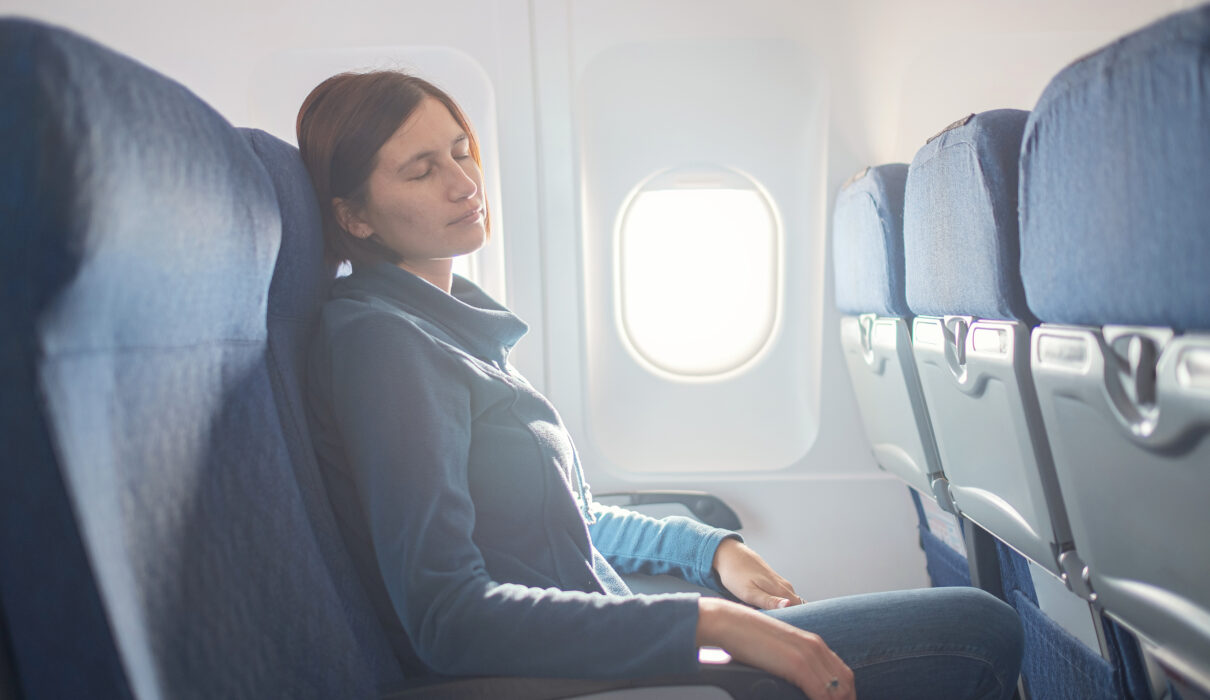The world is a vast and exciting place, and the desire to explore it shouldn’t be hindered by colorectal conditions. With a little preparation and planning, individuals with these conditions can navigate travel with confidence and enjoy a fulfilling vacation. This article offers valuable tips from a female surgeon and colorectal surgeon in Melbourne specialising in colorectal and pelvic floor problems to ensure a safe and comfortable travel experience while managing your colorectal health.
Planning and Preparation is Key:
- Consult Your Doctor: A discussion with your doctor or colorectal surgeon in Melbourne is crucial before embarking on any trip. Discuss your travel plans, including destination, duration, and activities. They can review your medical history, provide medication refills, and offer personalised advice based on your specific colorectal condition or pelvic floor problems.
- Gather Medical Records: Carry a copy of your medical history from your colorectal surgeon in Melbourne and a list of current medications. Consider translating these documents into the language(s) spoken at your destination for ease of communication if needed.
- Prepare a Travel Kit: Pack a well-stocked travel kit with all necessary medications, including over-the-counter treatments for managing potential constipation or diarrhea. Consider carrying wet wipes, incontinence products (if needed) and any prescribed creams or suppositories.
- Research Your Destination: Investigate healthcare facilities at your destination. Locate hospitals or clinics specialising in digestive health in case of an emergency. Familiarise yourself with local pharmacies and their operating hours.
- Travel Insurance: Investing in travel insurance is strongly recommended. Choose coverage that includes medical emergencies and unexpected cancellations due to health concerns.
Managing Symptoms During Travel:
- Dietary Choices: Stick to familiar foods and avoid unfamiliar ingredients that could trigger digestive issues. Pack healthy snacks like fruits, nuts, and fibre bars to maintain a balanced diet. Limit alcohol and caffeine intake, which can worsen diarrhea or dehydration.
- Hydration: Staying hydrated is crucial for optimal gut health. Carry a reusable water bottle and aim to drink plenty of clean water throughout the day, particularly in hot climates. Be wary of contaminated water sources; opt for bottled or filtered water if unsure.
- Managing Constipation: Travel can disrupt your routine and lead to constipation. If you’re prone to constipation, consider increasing your fibre intake before and during travel. Discuss laxatives with your doctor and carry a recommended over-the-counter option if needed.
- Managing Diarrhea: If prone to diarrhea, pack antidiarrheal medication as recommended by your doctor. Be aware that certain medications may interact with other prescriptions, so always clarify with your doctor before taking anything new.
Travel Logistics and Comfort:
- Choose Your Transportation Wisely: Long airplane rides or cramped bus journeys can exacerbate symptoms. Consider the duration and potential discomfort of travel options. Stretching your legs frequently and choosing comfortable clothing are essential.
- Prepare for Airport Security: Declare any medications you are carrying in your carry-on luggage. Documentation from your doctor may be helpful to avoid any delays.
- Plan Bathroom Breaks: Research and plan restroom availability beforehand, especially during long journeys or sightseeing expeditions. Consider using travel apps that locate public restrooms in unfamiliar areas.
- Pack Comfortable Clothing: Loose-fitting, breathable clothing is ideal for travel. Avoid tight-fitting pants or belts that can worsen discomfort, especially with conditions like haemorrhoids or abdominal pain.
Maintaining Hygiene and Incontinence Management:
- Carry Sanitation Supplies: Pack adequate wet wipes, hand sanitiser, and any cleansing products you use regularly. Maintaining good hygiene is crucial in preventing infections, especially when access to clean bathrooms might be limited.
- Incontinence Management: If you experience incontinence, pack a sufficient supply of absorbent products specifically designed for travel. Consider disposable options with leakproof features for added security.
- Research Accessible Restrooms: Plan your itinerary to include locations with accessible bathrooms, especially if you use mobility aids. Utilise accessibility maps or apps to locate restrooms with wider stalls and handrails.
Communication and Unexpected Situations:
- Learn Basic Medical Phrases: Learn basic medical phrases in the language(s) spoken at your destination. This can be helpful in communicating specific symptoms or needs if required.
- Maintain Open Communication with Travel Companions: Inform your travel companions about your condition and management plan. This can provide peace of mind and enable them to assist you if needed.
- Prepare for Unexpected Situations: While thorough planning is important, sometimes things don’t go according to plan. Pack extra medication and supplies to handle potential delays or unforeseen situations.
- Stay Positive and Adaptable: Travel is about embracing new experiences. Be prepared to adjust your itinerary if needed due to unforeseen health concerns. Prioritise your health and comfort, and don’t hesitate to take breaks or modify activities if necessary.
With careful planning, managing your colorectal condition or pelvic floor problems doesn’t have to limit your travel aspirations. By incorporating these tips and prioritising your health, you can confidently explore new destinations and create lasting travel memories. Remember, communication with your doctor, proactive planning, and a positive attitude are key ingredients for a safe and enjoyable travel experience. Here are some additional resources that might be helpful:
- International Association for Medical Assistance to Travelers (IAMAT): https://www.iamat.org/
- Centres for Disease Control and Prevention (CDC) Travellers’ Health: https://wwwnc.cdc.gov/travel/
- World Toilet Organisation (WTO): https://worldtoilet.org/
By utilising these resources and following these travel tips, you can approach your next adventure with confidence and enjoy the peace of mind that comes with being prepared. So, pack your bags, embrace the journey, and experience the world with a healthy dose of knowledge and proactive planning.
Looking for a Female Surgeon? Find a Colorectal Surgeon in Melbourne
Dr. Naseem Mirbagheri, a leading female colorectal surgeon in Melbourne, epitomises excellence in patient care. With a focus on innovative research and compassionate practice, she ensures comfort and positive outcomes for all. As a female surgeon and specialist in pelvic floor problems, Dr. Mirbagheri’s expertise and empathy redefine surgical experiences, prioritising your well-being above all.


